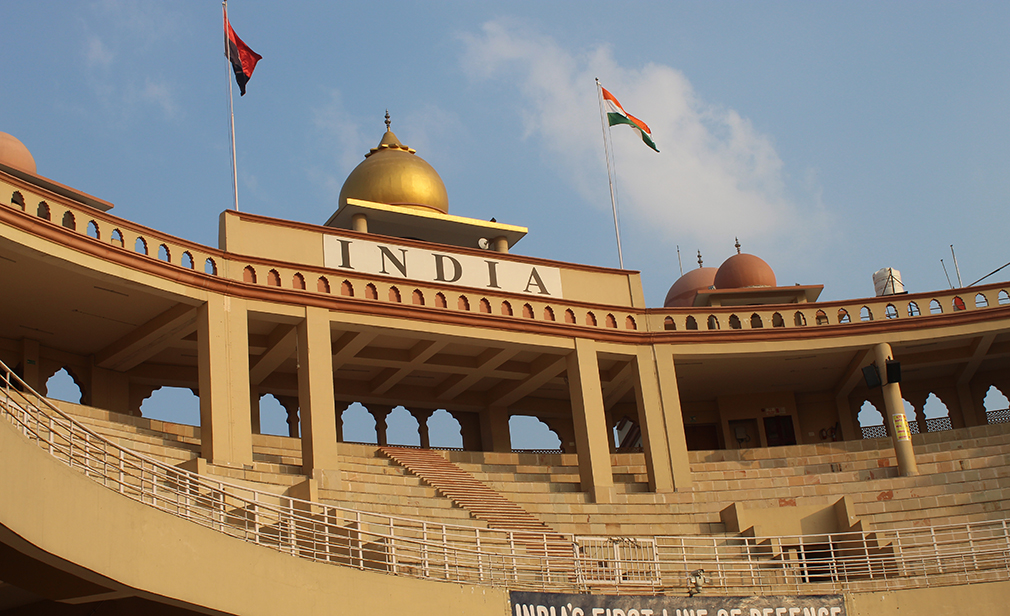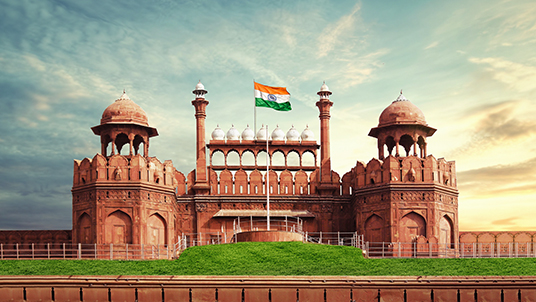The birth of a nation
Independence Day commemorates a pivotal moment in India's history, when it emerged from more than two centuries of British colonialism. On August 15, 1947, India broke free from the shackles of foreign rule. This day symbolises the relentless struggle, sacrifices, and determination of India's freedom fighters who laid down their lives for the nation's independence. Yet, the impact of Independence Day extends beyond historical significance; it instils a profound sense of patriotism among the citizens of India. It serves as a day to renew the pledge to serve the nation.
The hoisting of the tricolour
Independence Day is a national holiday in India, celebrated with great enthusiasm and fervour. The epicentre of the celebrations is the national capital, Delhi, where iconic landmarks and streets are adorned with the National flag's tricolour. The highlight of the day is the ceremonial hoisting of the National flag at the historic Red Fort, followed by the Prime Minister's address to the nation.
Across the country, flag hoisting ceremonies are organised in schools, colleges, and workplaces. People embrace the tricolour by a proud display of flags, wearing themed clothing, listening to patriotic songs, and decorating their surroundings with patriotic symbols. It's a day of celebration with cultural programmes focused on India's heritage and history. As part of tradition, the announcement of Gallantry awards to Armed Forces and Central Armed Police Forces personnel are announced on the eve of Independence Day.




























